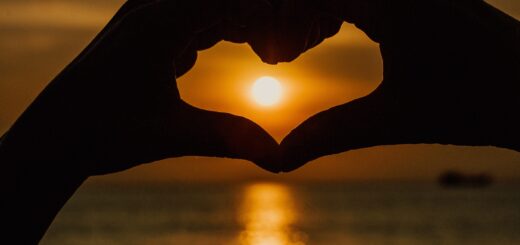Why I believe in the Afterlife: To play with my father
There were two things that happened the past weekend. And they both brought a smile on my face, and a deep sadness in my heart. One, I dreamed of my father who passed away twenty-five years ago. Two, the rare overlap or crossover celebrations this year of the three major religions on earth – Judaism (Passover), Christianity (Easter), and Islam (Ramadan).
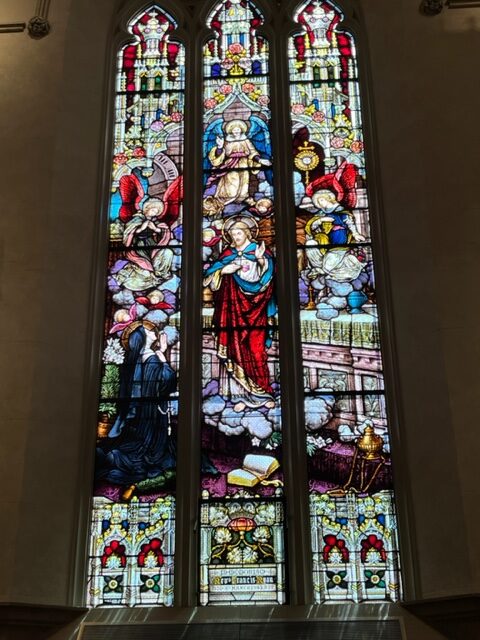
The Hunt for Red October
You may be wondering why I am connecting these two events in this one piece of writing. The answer to this lies in the most unlikely example. It is one of my favorite books, written (1984) by one of my favorite authors. And it was later adapted into a blockbuster movie (1990) of the same title: The Hunt for Red October. The main protagonist, named Marko Ramius, was played in the movie by British actor Sir Sean Connery.

Moral conviction
It was November of 1984 when the USSR built the most sophisticated nuclear submarine aptly named Red October, a nod to the Bolshevik Revolution of 1917. The selection for the best and most patriotic candidate to helm the top-secret beast of the deep was very intense and thorough. That honor ultimately went to Captain Marko Ramius, one of the most decorated officers in the Soviet navy. The climax of the story centered on the unthinkable: Ramius defected to the US, bringing with him the prized submarine. According to the commercial synopsis of both the book and movie, Ramius was driven by his deep moral conviction. He had a strong suspicion that the real mission of Red October was to do a preemptive nuclear strike against the United States.
Thre real motive
But hidden deep inside the story is the ultimate piece of the puzzle behind Ramius’ strange act of betrayal against his own country. It was more than a moral imperative. Not long ago before he was appointed skipper of the Red October, his beloved wife, Natalia, died of an illness. Ramius felt so desolate because he was at sea and couldn’t be at her side when she was rushed to a medical facility. And he believed her ensuing death was very preventable had the bureaucracy of a communist state not been so inept and corrupt. Natalia died due to an “intoxicated and incompetent doctor” who could not be held accountable, being the son of a high-ranking Politburo member. Ramius was so pained to be betrayed by the system for which he sacrificed so much.
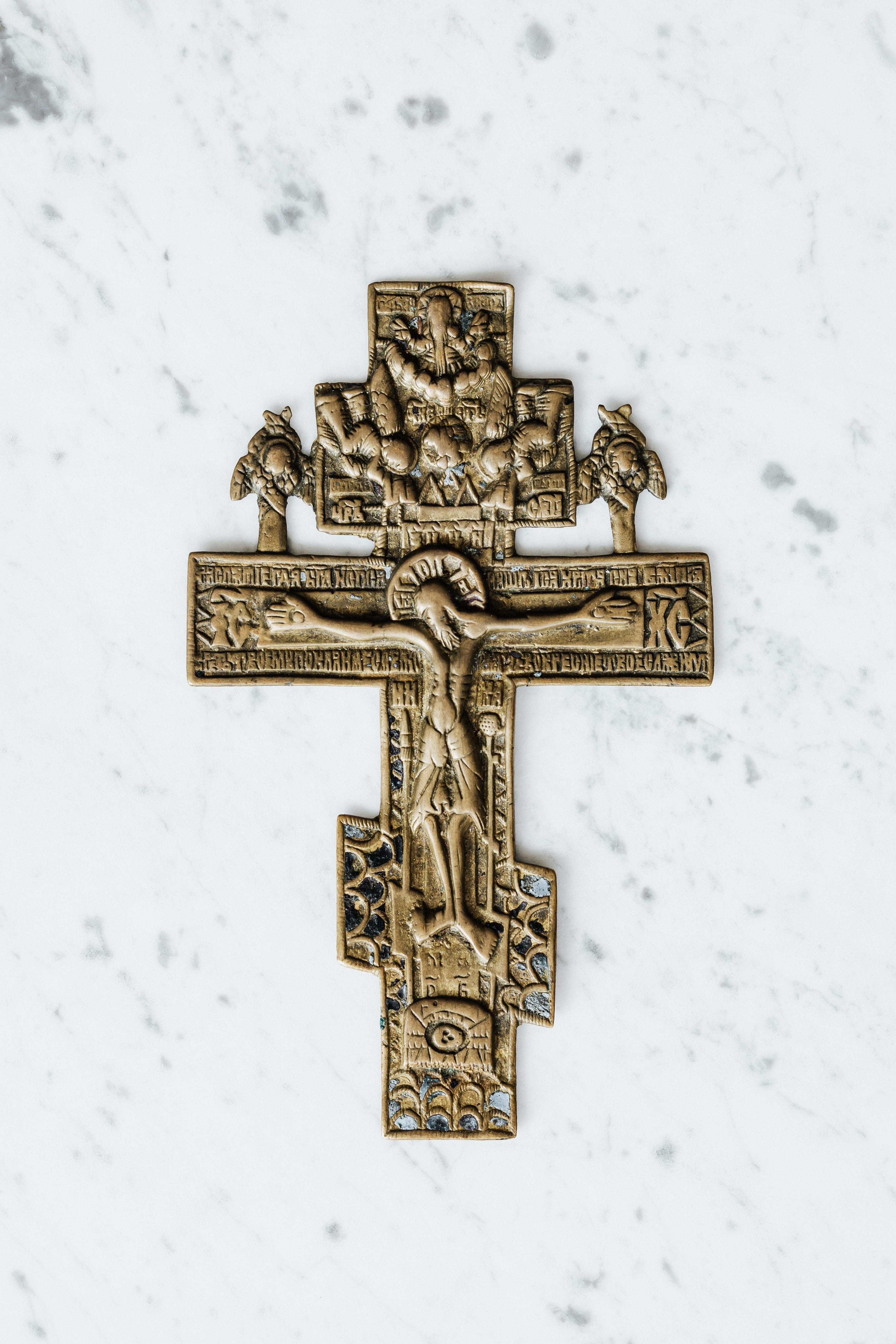
Religious faith is more powerful than patriotism
However, it was not only because of the untimely demise of his Natalia that Ramius was seething with rage. He wanted to mourn her death but was at a loss as to how. Ramius had only a very faint memory of a Christian faith that his grandmother was starting to instill in him. But that, too, was stolen when communism took over the land. Ramius had the last straw. He lost his wife unnecessarily, the system could not hold accountable those responsible for her death, and yet he could not give her the proper grieving that she deserved.
Ramius wanted to console himself that not everything about Natalia had ended. He remembered something called afterlife. But his grandmother was forbidden to finish what she had started on young Ramius. That faith would have given him the comfort he badly needed right at the moment.
Handing the Red October to the United States was the ultimate revenge Ramius could inflict on those responsible.
The death of my beloved father
For many years I had a very hard time getting over the death of my beloved father. He died of complications due to a stroke. And as I understood it, anybody who died of a stroke, or a heart attack, was considered to have an untimely death. So, for years I carried with me that unfathomable grief. And I wanted to tell myself that I did not totally lose him at all. I desperately clung to my belief that there was an afterlife. For so many nights, sometimes in tears, I asked him to give me a sign that there was, indeed, another life out there. A much better life. But nothing. Not even a dream of him.
My Holy Land visit
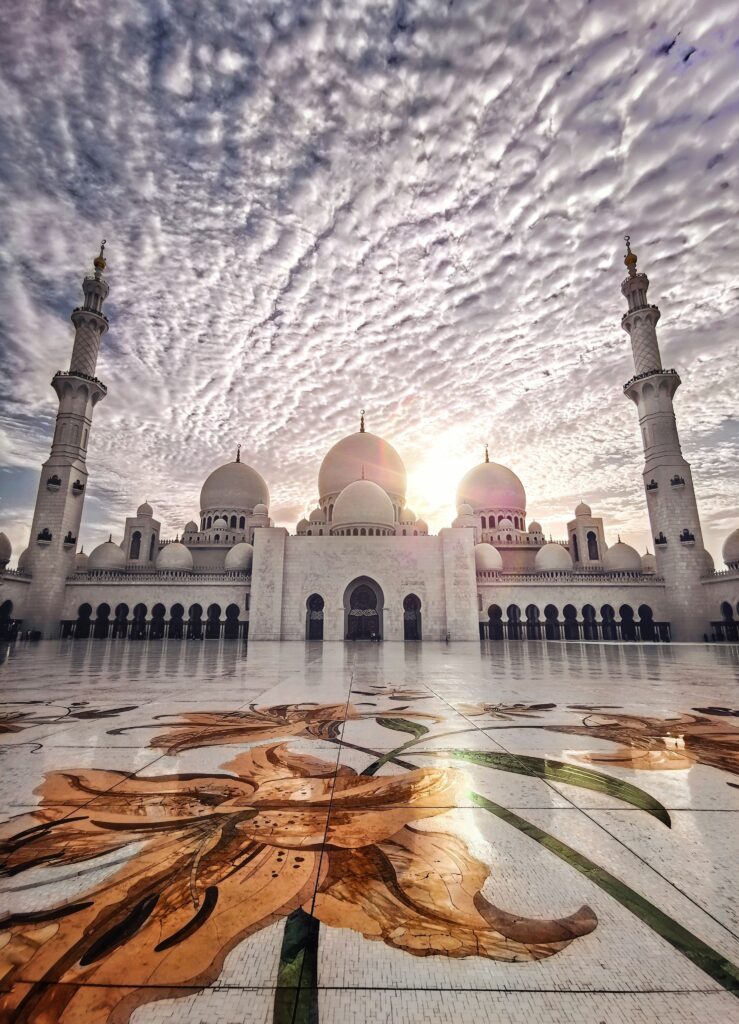
Twelve years after my father’s death I had the chance to join a ten-day pilgrimage to Israel. During that trip my heart was torn in a very weird way. Since it was a religious trip, we were expected to focus on the religious experience. But somebody told me that I should keep an open mind; meaning, there should be a room for a tourist in me. That if I only focused on the religious aspect of the trip, I might miss the opportunity to marvel at the historical beauty of the place.
I kept my eyes open
True enough, that’s what I did most of the time. While the rest in our group would be closing their eyes in deep silent prayers whenever we were inside a holy site, my eyes were wandering – left, right, up, and around me. But I couldn’t help it. I felt something indescribable during the whole trip.
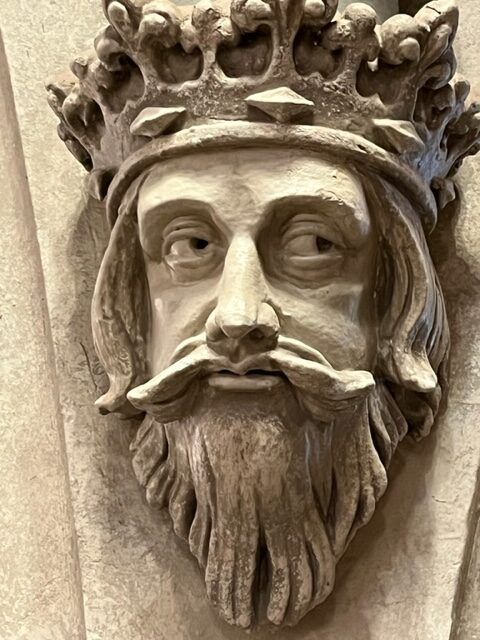
Two instances when I kept my eyes close
The only times where I remember closing my eyes intensely was in Bethlehem. I was all alone for a minute or two in that tiny cave-like grotto beneath the main sanctuary of the Church of the Nativity, the church built by Constantine the Great and his mother St. Helena in 327 A.D., to honor the birth of Jesus. And the second site was in Jerusalem, at the Wailing Wall. In both instances I offered a very special prayer: that my father was resting in peace in the afterlife.
It is to be noted here that the Wailing Wall is considered very sacred to Muslims, Christians, and Jews.
The significance of the rare overlap or crossover
It is said that this coincidence happens only three times in a hundred years. So, it is no surprise, then, that all over the world religious scholars and historians are once again putting these three major religions at the forefront of conversation. They want to remind the world that – despite the public perception to the contrary – Judaism, Christianity, and Islam have so much in common.
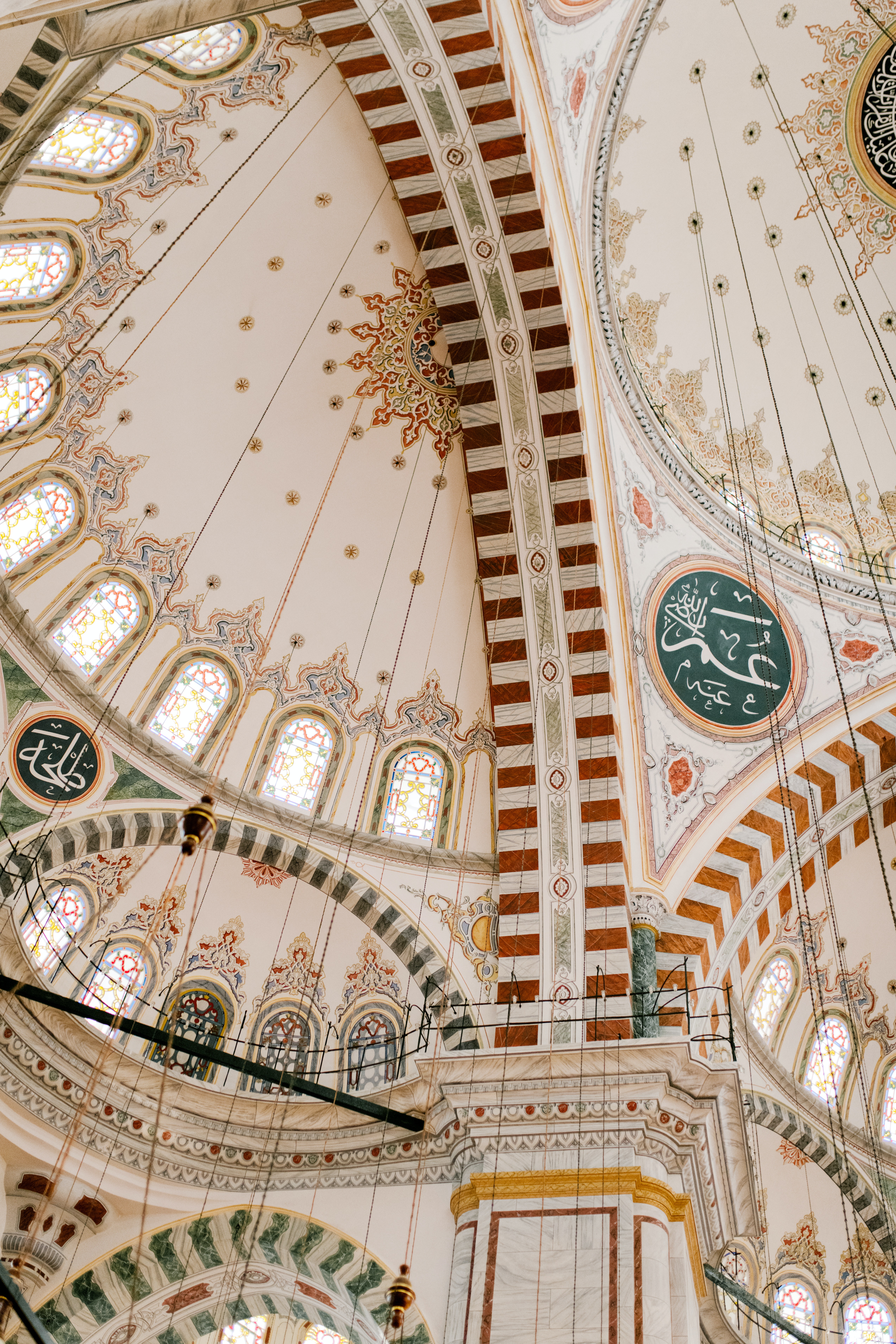
This kind of conversation has never been so timely in the face of what has been happening presently in the place called Holy Land. The situation right now is so volatile that there are well-grounded fears that this whole thing would set into another conflagration the birthplace of these three Faiths.
The Abrahamic faiths
The unique relationships shared by Christianity, Judaism, and Islam cannot be found in any of the other major religions like Buddhism, Hinduism, or Taoism.
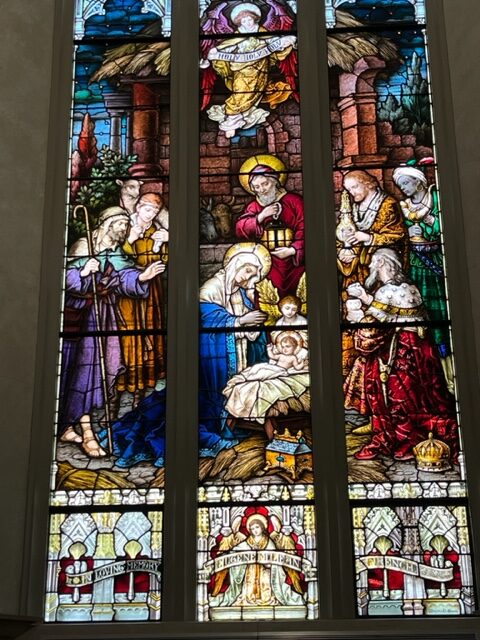
They all believe, for example, in one True God. That this God is actively a participant in the history of humankind. For Christians the birth of Jesus is the greatest manifestation of God (Father) in human history. The Exodus, the delivery of the chosen people out of slavery from Egypt, is God (Yahweh) directly involved in the affairs of the Jewish people. And the Muslims considered the giving of Allah’s final word to the prophet Muhammad as the ultimate demonstration of God’s role in shaping human history.
Also, each of them takes Abraham as the human father of their faith. This is the reason why these three religions are also called Abrahamic faiths.
All three are guided by divinely revealed Truth
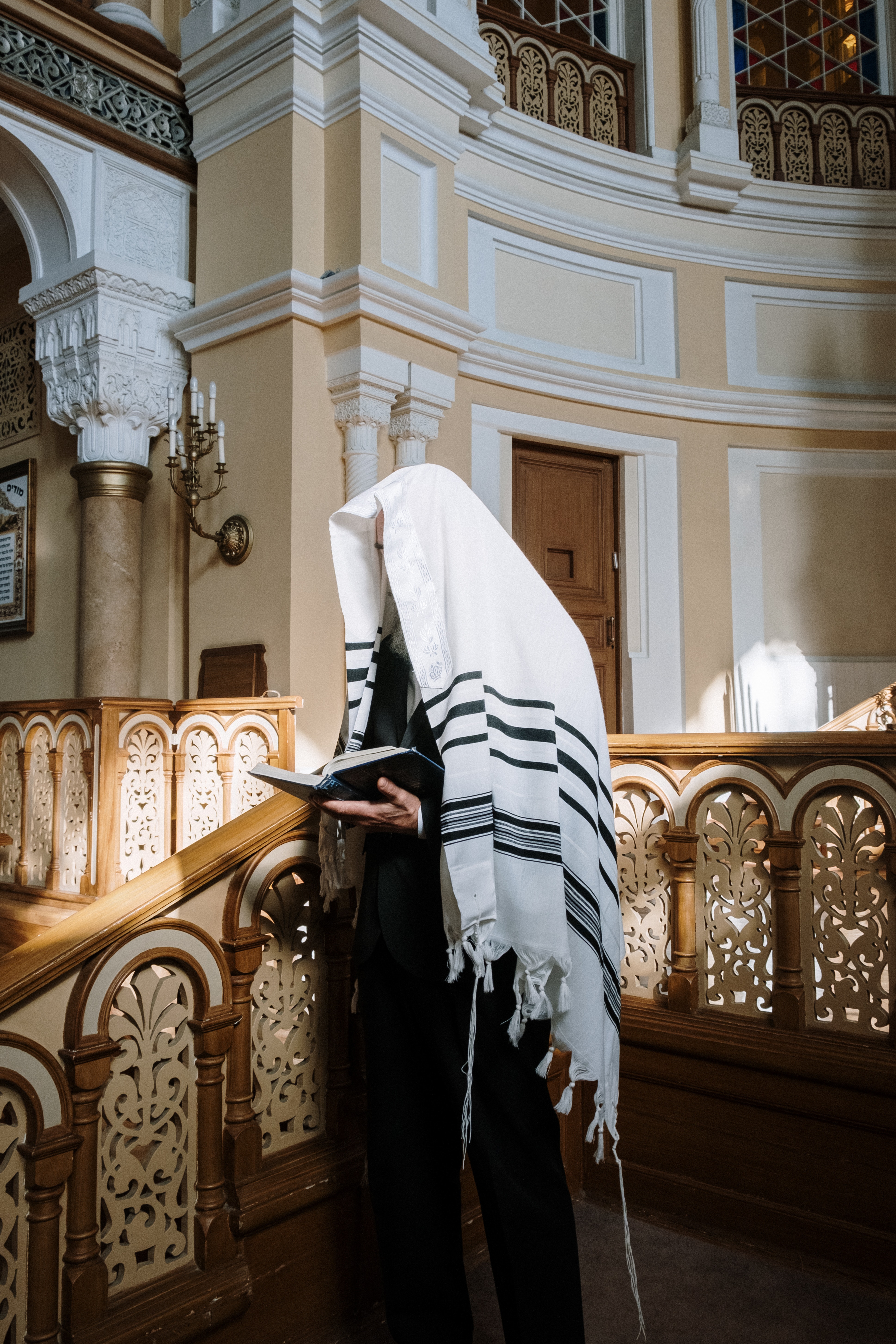
And despite the differences in the details and interpretations, each of their holy scriptures does not come from any outside sources: Judaism has the Old Testament and the Laws, Christianity has the Bible containing both the Old and New Testaments. Islam accepts both Old and New Testament, with the additional God’s revelation found in the Quran.

Lastly, while other major religions do not adhere in Absolute Truth, the Abrahamic traditions believe that such truth is found in God’s revelation. This Truth serves as the ultimate divine compass that guides humanity between what is right and wrong.
And most interestingly, all of them believe in the afterlife! Obeying the Absolute Truth determines what happens in the next life.
My prayer for peace in the Holy Land is very personal
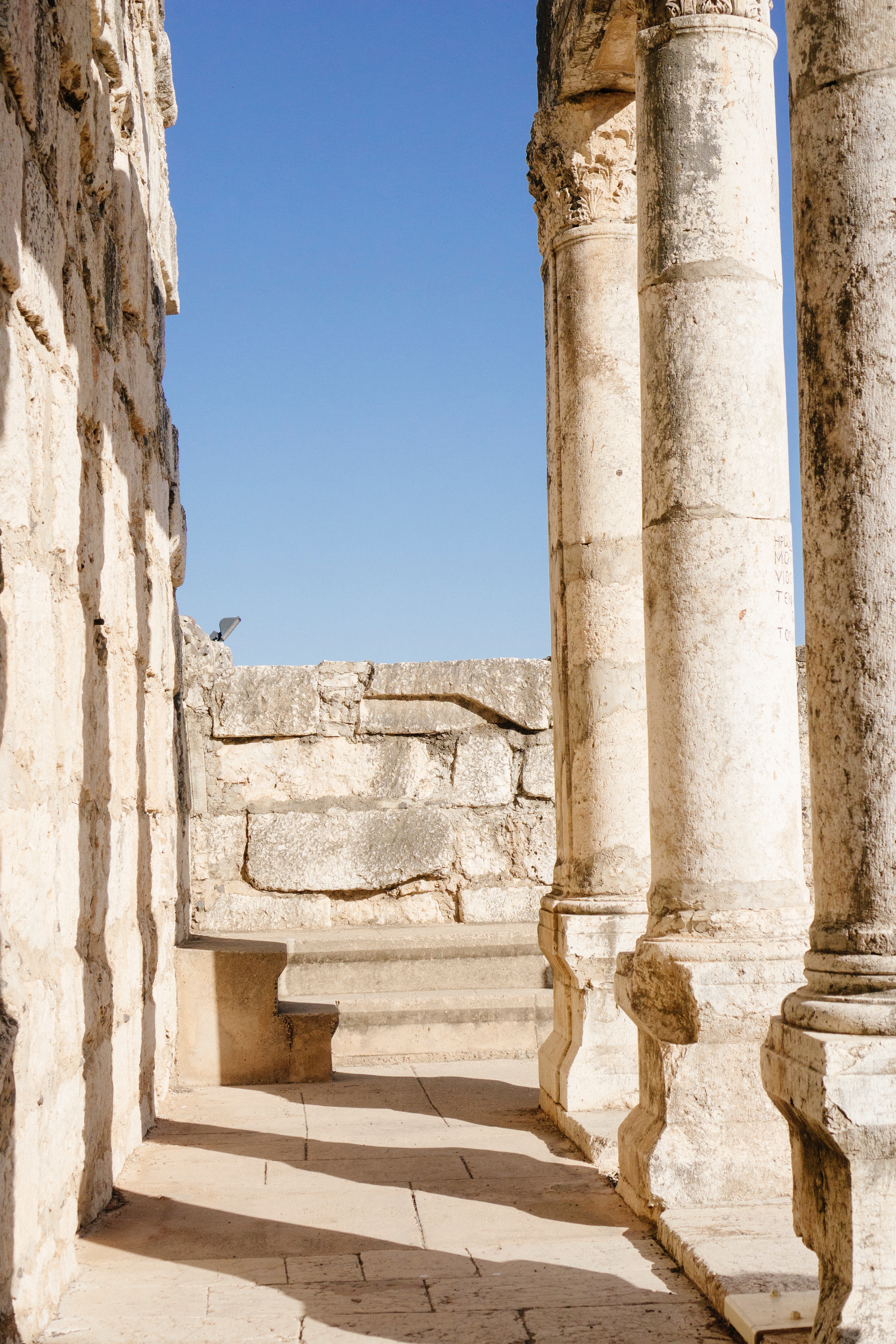
Yes, I had a very profound religious experience during my trip to Israel. There was some peace washing over me. My belief in the afterlife was affirmed. And the bonus was that since then I have had three dreams where I saw my father. In all my dreams, I saw the two of us doing what I loved most when I was a little boy – riding on his back.
This is why I feel very sad whenever I see on the news any violence occurring in the Holy Land. I am aware that things over there are not that simple. There are so many complex issues at play. But I continue to offer my little prayer that someday peace will finally reign.
I owe a lot to that place. What was denied of Captain Marko Ramius in his grief over the death of his Natalie, was granted to me in Holy Land.
I believe in the Afterlife because I want to see my father
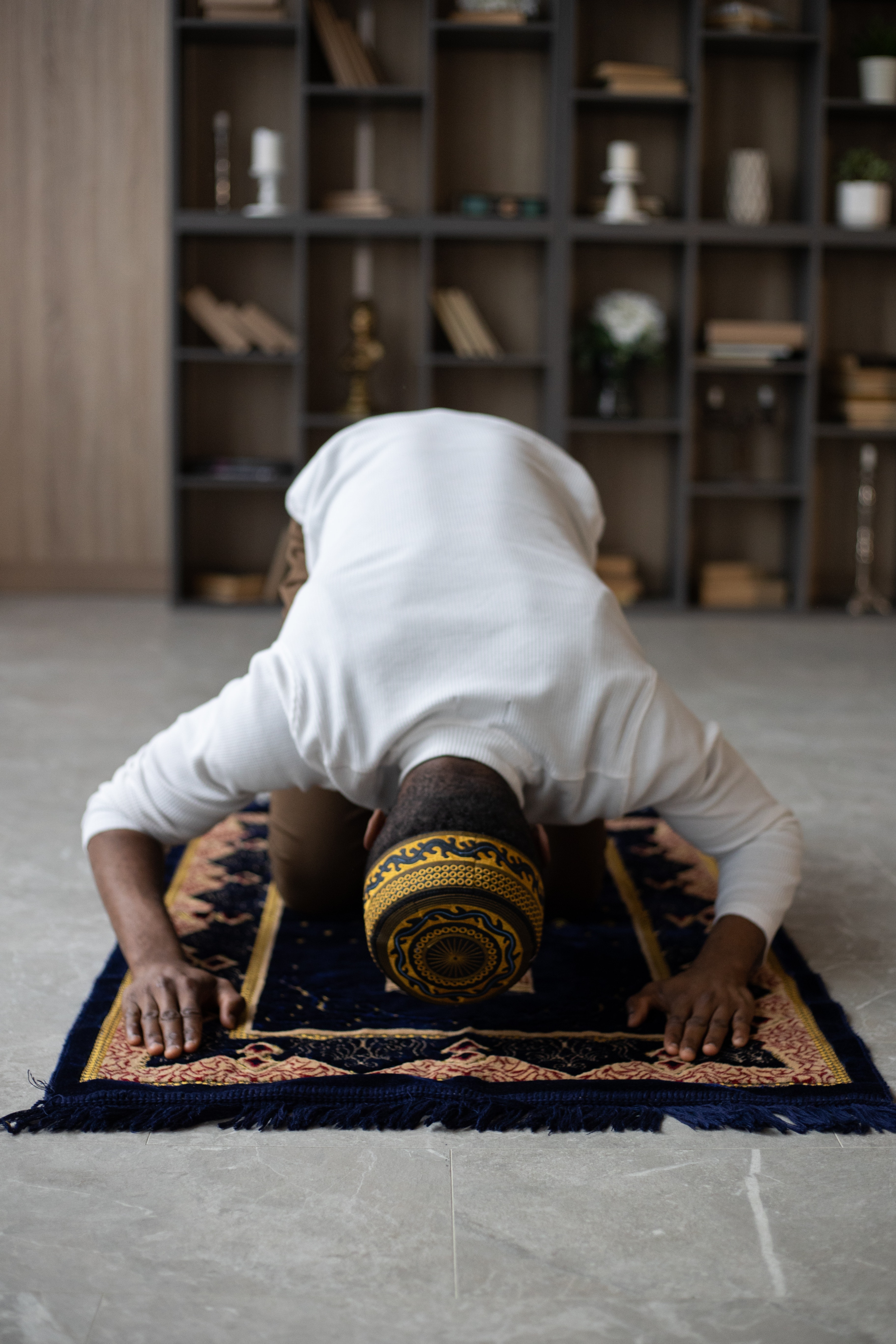
But I want more than just believing that my father is now in the afterlife. I wish more with my father than dreaming of him. Most importantly, I want to see him someday. I believe in the afterlife because I want to see him and play with him once again.
What about you?
I am sure most, if not all, of you reading this do believe in the existence of the afterlife. This is one gift we receive from our faith that we should be thankful for. And this belief is the ultimate comfort in our grief when we lose someone very close to our heart.

In my experience, this belief did not feel so concrete until I had lost my own beloved father. His death was the first in the family, or even among those closest to me. Thus, it had a great impact on me. Suddenly, my belief in the afterlife became so real. It gives me so much hope for the future, and a deep inspiration for the present.
I wanted the afterlife for my father. And I wanted the afterlife for myself, too. This is the only assurance that we could be together again. And we will have all eternity to enjoy each other’s company.
Have you lost somebody very close to you? Is the existence of afterlife real to you? What will be the first thing you do when you meet that person?
Please share your thoughts by clicking on the underlined Let Me Know Your Thoughts below.


